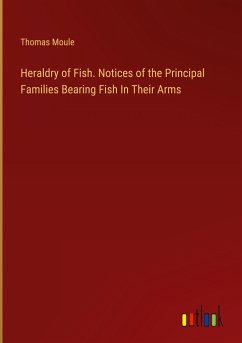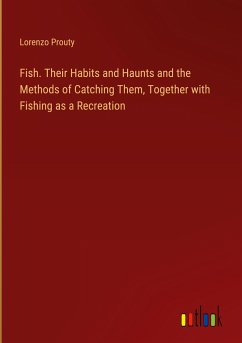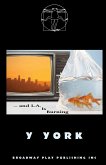In the future, after the global ecological disaster, so much that makes life worth living has been outlawed. One family refuses to submit. Will their small act of rebellion lead to a future where science no longer dominates humanity but serves it? "In Y York's futuristic comedy RAIN. SOME FISH. NO ELEPHANTS., genetic engineering has produced a submissive nation of clones and drones. Everything is gene coded so all individuality can be obliterated, except for one stubbornly old-fashioned family trying to thaw the perpetual nuclear winter. That winter is actually an endless floodlike rainy season. The play…begins as a kind of science-fiction variation on YOU CAN'T TAKE IT WITH YOU with a wildly eccentric family resolutely staying out of the mainstream. In this case, the father is a crank who has quit his scientific post in a dehumanizing laboratory to go fishing. He neglects his suicidal wife and their two very odd daughters. The catalyst for renewal is a black man, cloned to be a member of a faceless servant class. Removed from his diet of 'stoppers', pills that deny incentive, he becomes a rebel. As conceived by York…he is an engaging figure, awakening to his personality as well as to his racial identity… [Y York] has created a thought provoking comic parable about mankind's indomitability. As much as anything, the play is concerned with the survival of history itself …" Mel Gussow, The New York Times
Hinweis: Dieser Artikel kann nur an eine deutsche Lieferadresse ausgeliefert werden.
Hinweis: Dieser Artikel kann nur an eine deutsche Lieferadresse ausgeliefert werden.








